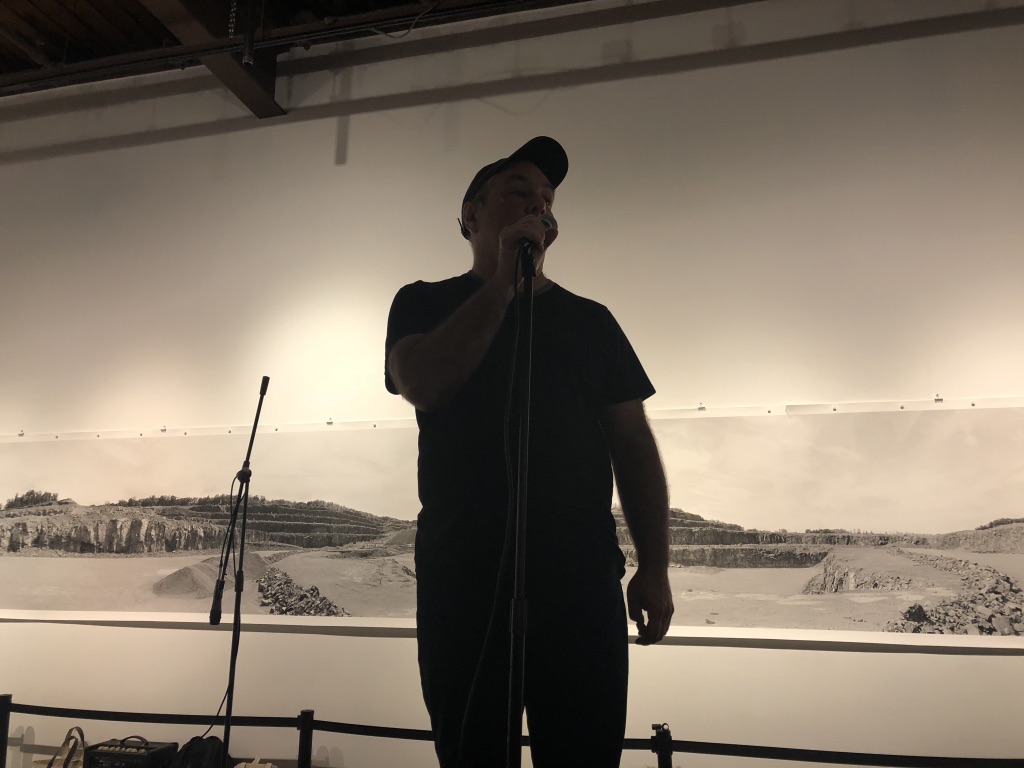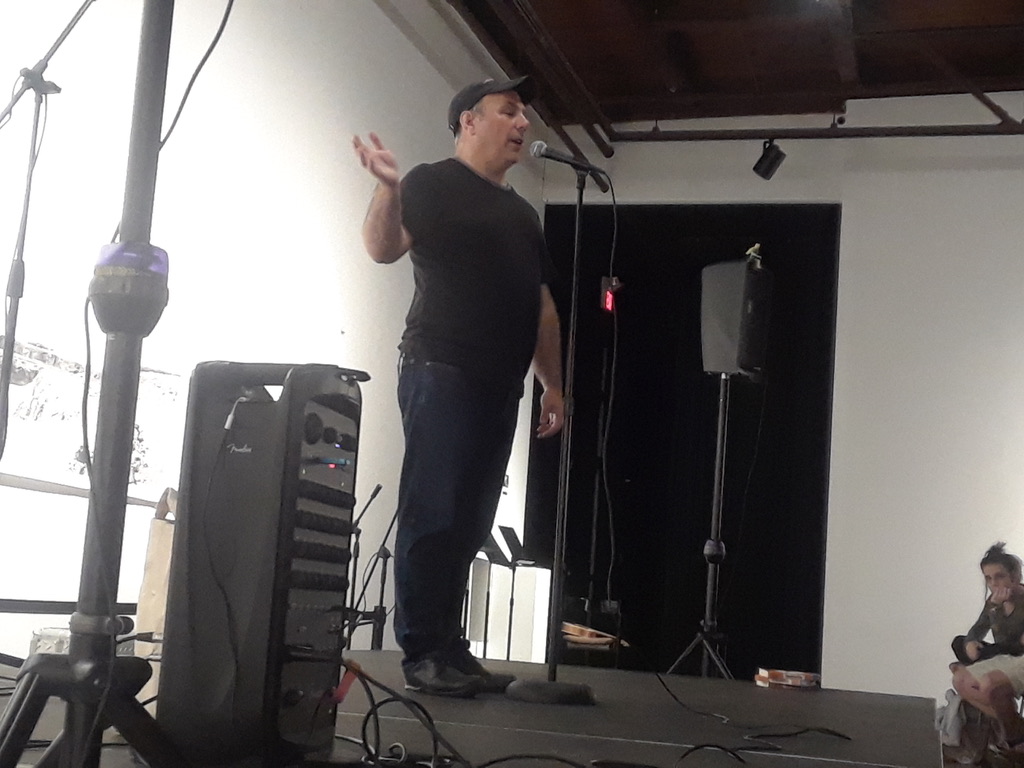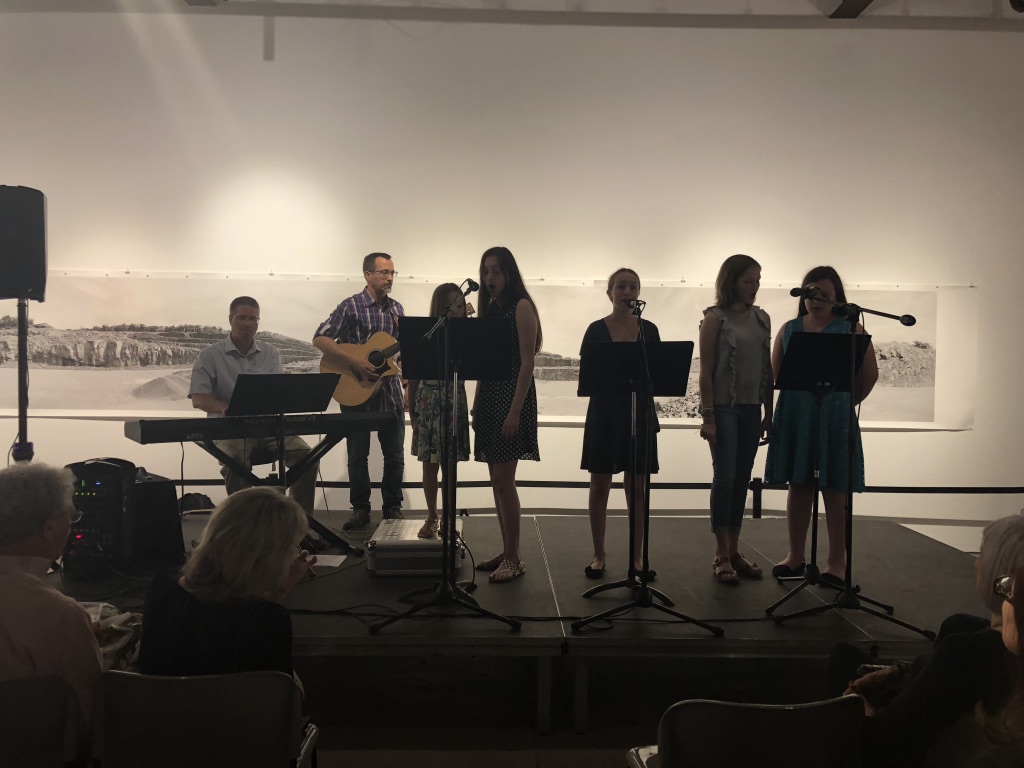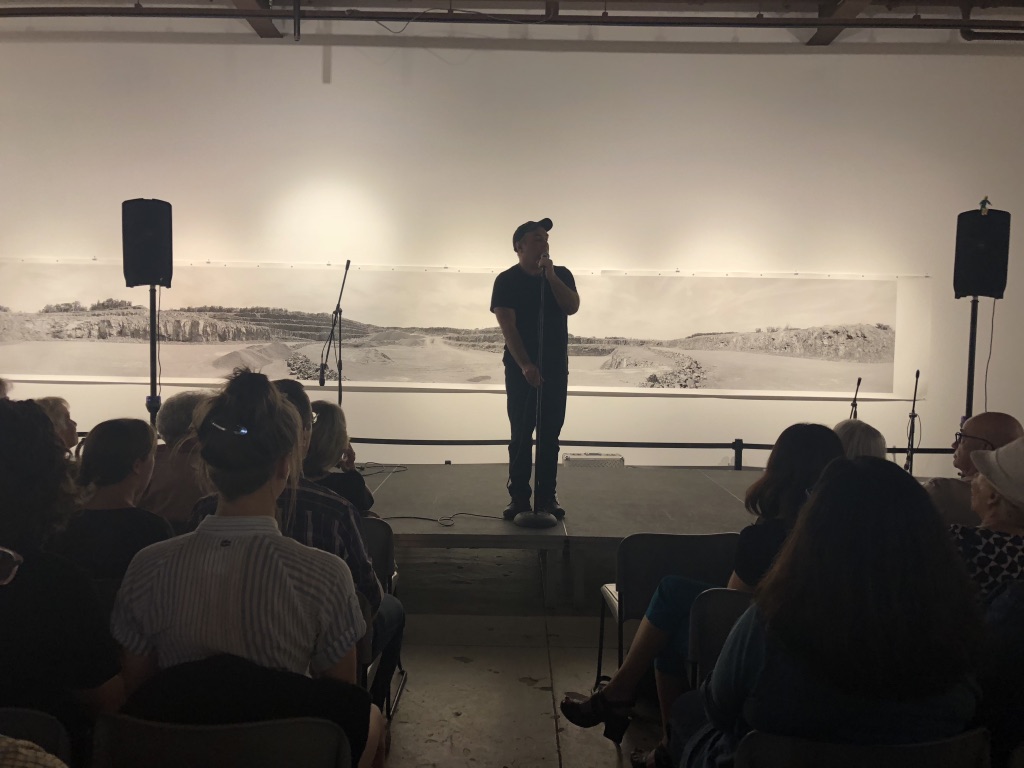I play golf because I love the game, even though I play it poorly.
I play golf because it allows me to spend time with friends.
I also play golf because sometimes, the moments are unforgettable, ridiculous, and hilarious.
On Sunday morning, I played golf with two friends at Rockledge country club, a public golf course in West Hartford, CT. After playing poorly for seven holes, I came upon the 17th hole, a downhill par four that curved slightly to the left.
My tee shot went low and left, hitting a tree and landing amidst the trees on the left side.
My second shot - an attempt to punch the ball out of the tree line - hit the tree in front of me dead on. The ball ricocheted backward, flying across the fairway about 15 yards behind me.
I was now farther away from the hole than when I started.
My third shot sailed down the fairway but hooked left, hitting another tree - my third in three shots. This time the ball dropped like a stone at the base of the tree, inches from the trunk.
Trapped against the tree, now about 50 yards from the green, my only choice on this fourth shot was to punch the ball toward the green as best I could. I took a 7-iron and treated it like a putter, smacking the ball toward the pin.
The ball flew over the grass, landed softly on the green, and rolled into the cup.
I had just managed a par, despite the fact that I had hit three separate trees on my first three shots, including one shot that yielded negative yardage.
The most unlikely par ever.
My friends thought it ridiculous and hilarious and unforgettable, as did I. On the previous hole, I had hit another tree while teeing off, this one just 20 feet from the tee box. The ball ricocheted directly back at me, about six feet from where I was standing.
That had sent us into hysterics, too. Little did we know that there were greater things to come.
I have so many clear and brilliant memories from my dozen years on the golf course. Moments spent with friends, hitting spectacular and spectacularly bad shots, laughing at our own inanity, and sharing moments of genuine warmth and friendship.
There was also the time a squirrel stole the bag of nuts from Plato's golf bag. The time Phil hit a woman with a ball and tried to blame it on us. The time I hit a duck on a hill. The time the head of Plato's six iron detached from his club mid-swing, sending it helicoptering between mine and Jeff's heads. The time Andrew and I unintentionally played in the snow. The time Jeff accidentally divulged the sex of his future child to me without realizing it, and then the time we did it again with the next child.
Both of those moments also happened on the 17th hole at Rockledge.
Those moments, and hundreds more. Maybe thousands.
I was lucky when my friend, Tom, introduced me to golf by purchasing a set of irons for me for $10 at a yard sale and throwing them into the back of my truck with a ribbon wrapped around the shafts. Little did I know what I was getting that December afternoon more than a decade ago.
A lifetime of unforgettable, ridiculous, and sometimes hilarious moments, including the chance to one day score par on a hole despite squarely hitting three trees along the way.






















